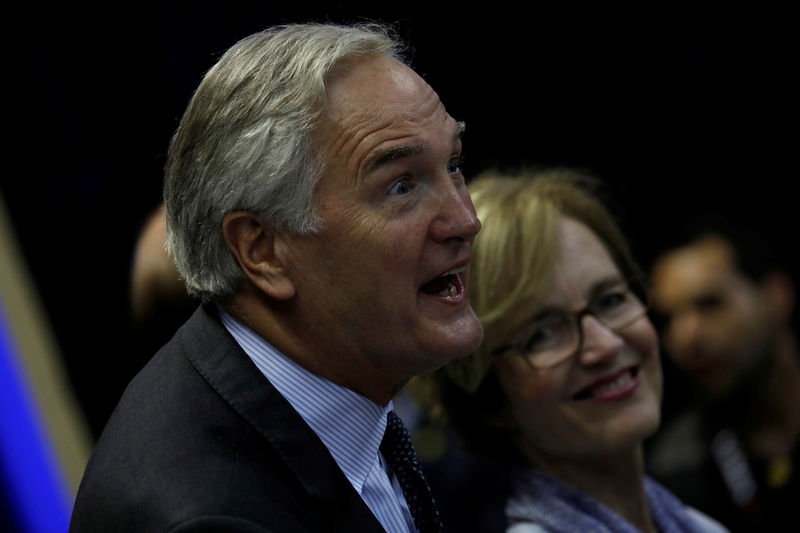By Joseph Ax
(Reuters) - Alabama voters cast ballots on Tuesday for the Republican nominee to fill a U.S. Senate seat in a race that has pitted the party's leaders, including President Donald Trump, against its anti-establishment wing.
Senator Luther Strange, appointed in February to the seat left open when Jeff Sessions became U.S. attorney general, is battling challenger Roy Moore, an arch-conservative former state chief justice.
Moore finished ahead of Strange in last month's initial round of voting. But Trump endorsed Strange and appeared with him at a rally in Huntsville on Friday.
"Luther Strange has been shooting up in the Alabama polls since my endorsement," Trump wrote on Twitter on Tuesday, without citing evidence. "Finish the job - vote today for 'Big Luther.'"
Moore has led in most public polls. Some surveys in the final days of the race showed his advantage narrowing, but a poll of likely voters taken by the Trafalgar Group over the weekend gave Moore a double-digit lead.
The group said the survey aimed to measure the impact of Trump's rally appearance for Strange, who is known as "Big Luther" due to his 6-foot-9 inch (2.06-meter) stature.
The president seemed acutely aware that the race's outcome would be seen as a test of his ability to motivate his base to vote for a party-backed incumbent, rather than a firebrand outsider.
"I'm taking a big risk because if Luther does not make it, they are going to go after me," said Trump, who also vowed to campaign for Moore if he beats Strange.
Moore, as is his custom, arrived on horseback at the polls on Tuesday.
"I fully support (Trump's) agenda," Moore said in videotaped comments. "The problem going on in Washington is they don’t want to get things done."
Senate Majority Leader Mitch McConnell has been one of Strange's most vocal backers, and a political action committee affiliated with McConnell has spent close to $9 million on advertisements in the race.
Trump's endorsement came as a surprise to political analysts, given the president's tense relationship with McConnell and Moore's status as the insurgent candidate.
The evangelical Moore drew support from a number of anti-establishment figures, including Trump's former chief strategist, Steve Bannon. Trump's housing and urban development secretary, Ben Carson, also backed Moore.
Moore, 70, is best known for losing his position as the state's top judge twice, once for refusing a court order to remove a Ten Commandments monument from the courthouse and a second time for defying the U.S. Supreme Court's decision to legalize same-sex marriage.
Strange, 64, served as Alabama attorney general under former Governor Robert Bentley, who left office in April amid a sex and ethics scandal. Some critics accused the governor of appointing Strange to the Senate to avoid further investigation.

The winner on Tuesday will be favored in the December election against Democratic nominee Doug Jones. Alabama has not had a Democratic U.S. senator since 1997, and Trump carried the state by a margin of more than 25 percentage points in the presidential election last November.